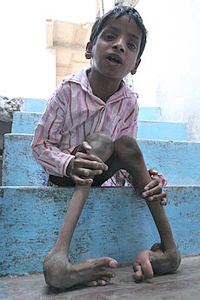The Bhopal Gas Tragedy, marking one of history’s most devastating industrial accidents, occurred on December 2-3, 1984, in Bhopal, India. A deadly methyl isocyanate (MIC) gas leak from the Union Carbide pesticide plant enveloped the city, leading to immediate and long-term catastrophic effects. Initial reports stated about 3,000 immediate fatalities, but later estimates suggested deaths could reach up to 25,000, with many more suffering from chronic health issues. The incident not only showcased the grave consequences of industrial negligence and inadequate safety standards but also ignited global debates on corporate accountability and the need for stringent safety regulations. The aftermath saw a struggle for justice and compensation, revealing systemic flaws in addressing such disasters. This tragedy serves as a stark reminder of the potential human cost of industrial progress and the ongoing challenges in ensuring corporate responsibility and regulatory oversight.
